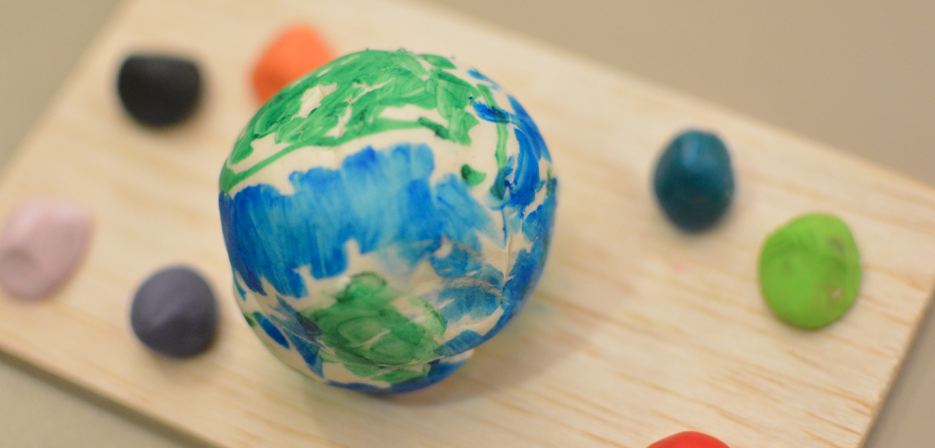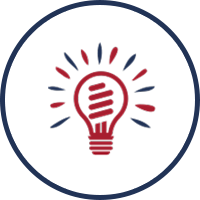

Children Are Citizens
Helping young children gain a sense of citizenship to begin participating in democracy.
As the world becomes increasingly connected, knowledge of ourselves as individual learners and as members of a community becomes more important. When children begin their schooling with support for thinking, feeling, and acting in groups, they are more likely to participate in and practice democracy as informed and caring citizens. The Children Are Citizens project is grounded in the belief that children are not just future citizens but are citizens of the city in the here and now, with the right to express their opinions and participate in the civic and cultural life of Washington, DC. The project began in October 2014 when educators from across the city gathered for a professional development seminar to learn from and with one another about creating a compelling curriculum that connects children with their city. Throughout the fall and winter, teachers helped the children discover and research places that interested them, including the Metro, monuments, museums, Union Station, natural spaces, public sculptures, and playgrounds. The children talked, wrote, drew, played, improvised, and created three-dimensional models about their ideas, and they shared their work across neighborhoods and schools. This research was supported by field trips to the National Gallery of Art and Imagination Stage and arts educators visits from these institutions to the schools, while professional development seminars for the teachers introduced new ways to support children’s inquiry into the city.
What is the Children Are Citizens Project?
Resource
Resource
Kid Nation

Spreading Happiness: A Preschool Classroom in Washington, DC, Investigates Citizenship and Makes a Statement—“Be Happy!”
Spreading Happiness: A Preschool Classroom in Washington, DC, Investigates Citizenship and Makes a Statement—“Be Happy!”




-
-
-
-
-
-
Support PZ's Reach